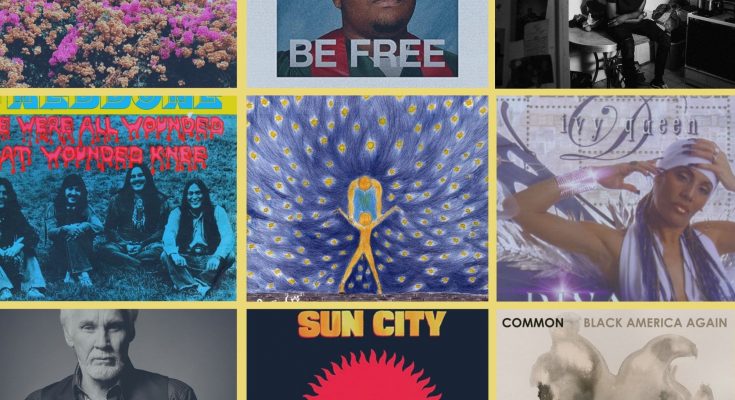In Dr. Magdalena Novoa’s Urban History and Theory course at the University of Illinois (UP
504), graduate students are learning how to effectively communicate as planners through music.
Last week, students, in teams of three, were asked to create an annotated music playlist of 8-10
songs, addressing the topics discussed in the course. They were also required to curate the songs
using an intersectional lens. Some of the topics addressed were urbanization in the Global North
and Global South, industrialization and deindustrialization, colonialism, urban apartheid,
gentrification, spatial violence, grassroots movements, migrations and borders, and health.
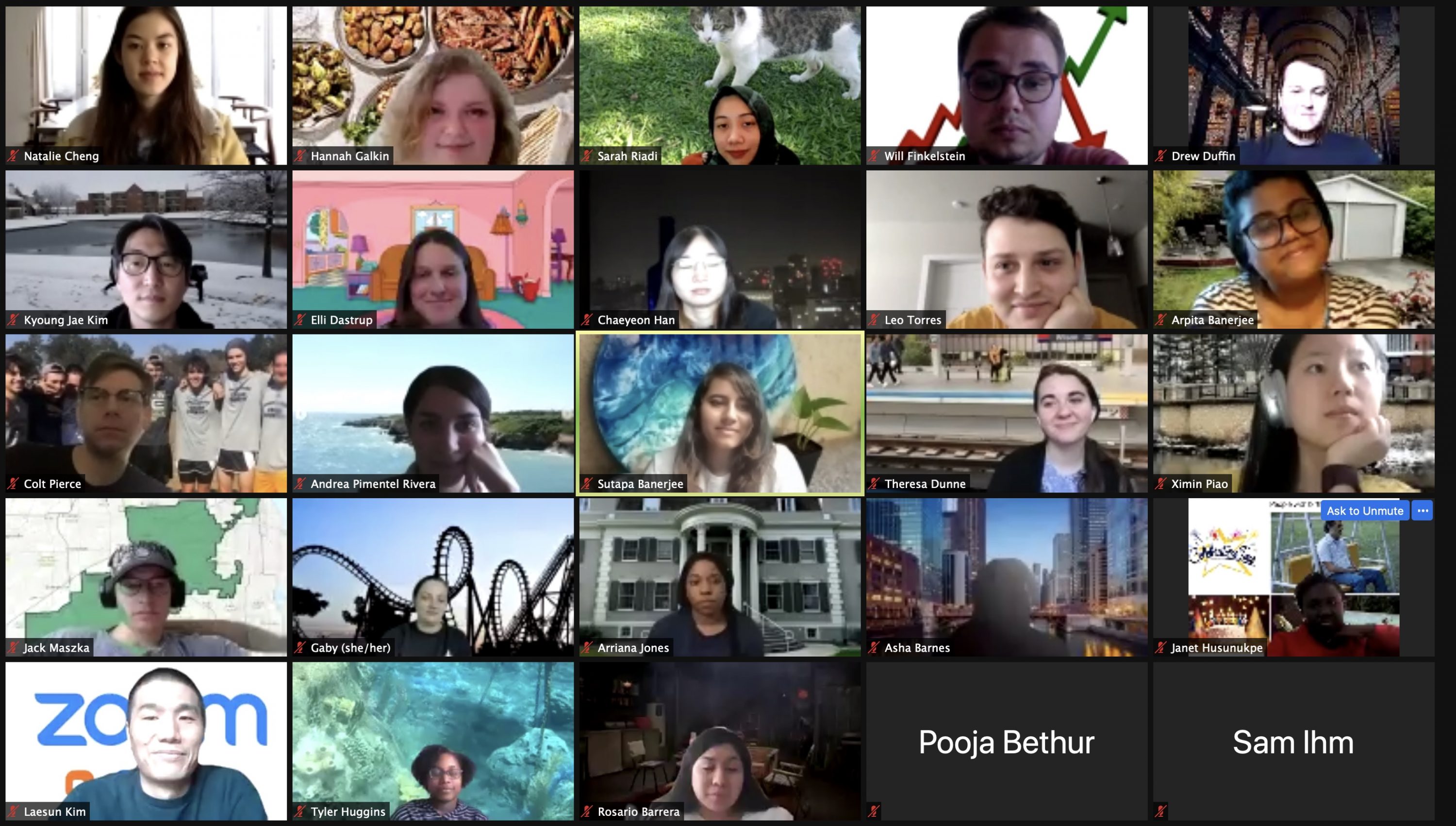
After teams curated their playlists, they listened to each other’s selections. Collectively, we
created a class music playlist including songs from each of the ten original playlists.
The assignment’s goal was to think critically and apply the different concepts discussed in class
while training the skill of listening as one of the essential communication skills for
planners to have.
UP 504 students who contributed to this playlist include Will Finkelstein, Emily Guske, Andrea
Pimentel, Sutapa Banerjee, Theresa Dunne, Leo Torres Beltran, Arpita Banerjee, Drew Duffin,
Janet Husunukpe, Pooja Bethur, Jack Maszka, Sarah Riadi, Arriana Jones, Kyoung Jae Kim,
Sam Ihm, Ximin Pao, Camrin Garret, Tyler Huggins, Asha Barnes, Laesun Kim, Colt Pierce,
Hannah Galkin, Chaeyeon Han, Yu Tian, Rosario Barrera, Natalie Cheng, Huiya Yang, Elli
Dastrup, Gaby Harpel, and Kyung Ho Lee.
Check out our final class playlist below.
“Be Free” by J. Cole (2014)
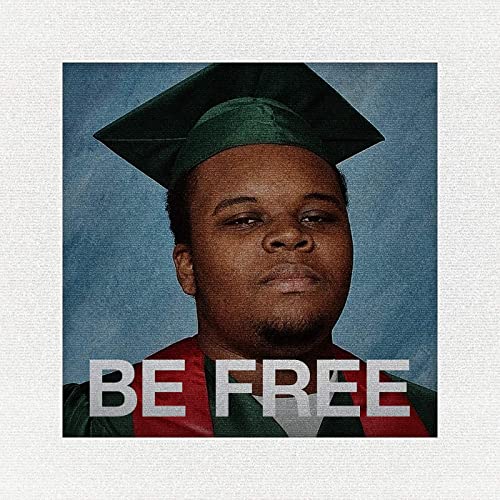
This song is about the 2014 Michael Brown shooting in Ferguson, Missouri. The incident began
when Michael Brown pushed a store clerk, and the police officer mistook the action for a
robbery and shot him, which led to massive demonstrations. The song yearns for freedom:
“All we wan’ do is break the chains off and / All we wan’ do is be free.”
The lyrics reflect the exhaustion felt by Black Americans at their continued targeting in racial
hate crimes and lack of agency to change it. Events like the murder of Michael Brown are
commonplace in a world where Black people are “othered” and where they are systematically
reduced. The rationality of American racial hierarchy has made everyday life unlivable, a
situation which demands change.
“Bidhir Badhon Katbe Tumi Emni Shaktiman” by Rabindranath Tagore, adapted by
Satyajit Ray for Ghare Baire (Home and the World) (1984)
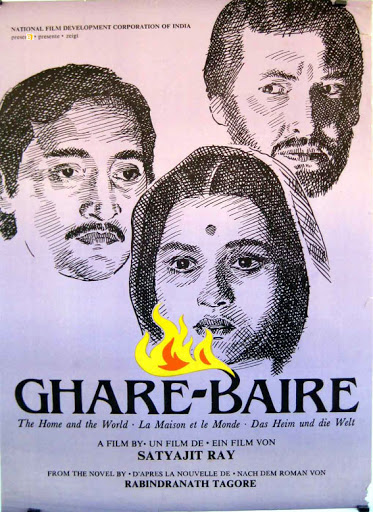
“Bidhir Badhon” raises the subaltern’s opinion on colonial domination, demonstrating that the
victim has deciphered the colonizer’s motivations for “replacement” or “displacement” of
Indigenous settlements as “manifest destiny”. Colonization is characterized here as domination
that transcends the material, entering the metaphysical. The opening sentence: “Bidhir Badhon
Katbe Tumi Emon Shaktiman?” represents a mockery of the colonizer’s understanding of their
colonizing capabilities – “Do they [British] think they are powerful enough to extricate the bonds
of destiny?”, they ask. It is a mockery of the European faith in Manifest Destiny and the
accompanying hubris that emboldens the British to plunder and ravage India’s native lands,
resources, and wealth, without compensation or remorse. The song goes ahead and demonstrates,
through the same ironical intonation the various components of colonization.
Rabindranath Tagore [Nobel Laureate and Polymath] led a vehement social commentary on the
Nationalist Movement [for decolonization/freedom of India] and observed the transmutation of
Indigenous expressions of colonial resentment into a medium of coloniality. Colonial behaviors
of religious intolerance and acts of violence against the marginalized were internalized and
continue to wreak post-colonial India. Equity evaded India, even in our mass movements and the
irony of social justice is a constant theme in Tagore’s brilliant work. This song is taken from
Satyajit Ray’s (Oscar winning director) film adaptation of Tagore’s novel Ghare Baire (Home
and the World). The intersectional situation of both Tagore and Ray’s identity, as foreign
educated Indians, at the junction between the dichotomies of British imperialism and Nationalist
patriotism informs the nuance in the song.
“Let me See Your I.D.” from Sun City by Artists Against Apartheid (1985)
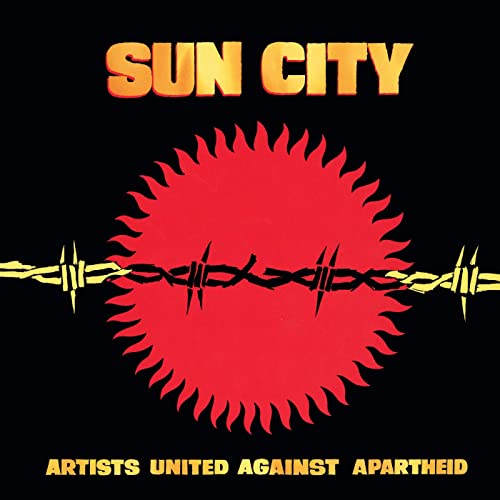
This song is one of the most fervent and forceful political statements to emerge from 1980s pop
music. It reminds people of South Africa’s apartheid policy and supports a cultural boycott of the
country. As mentioned in the lyrics, “when you walk around in South Africa. You gotta carry
this little black book with you… Damn that’s about like my life ‘cause I got to do that when I go
Philly”, “Let me See Your I.D.” means that all Black South Africans over the age of 16 must
carry a passport at all times, whether you are in South Africa or the Global South or
Pennsylvania of Global North. Also, one of the famous lines: “The first time I heard there was
trouble in the Middle East, I thought they were talking about Pittsburgh” compares racial
tensions in the U.S. with those in apartheid-era South Africa, implying that despite the fact that
South Africa and the United States are separated geographically, both countries have
implemented a series of legislation and institutionalized segregation called “apartheid”. Even
the United States has never ended segregation.
“The Day Women Took Over” from Black America Again by Common, BJ the Chicago Kid (2016)
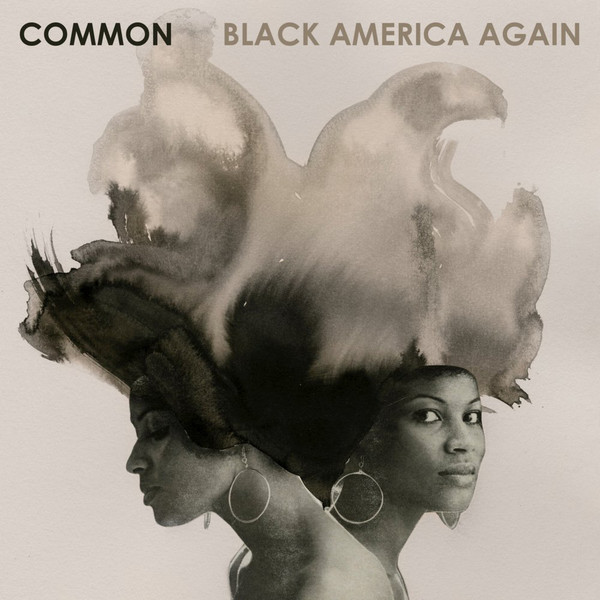
This song explains the intersectionality of feminism and racism. The lyrics emphasize how
women are seen as equal today and give hopes for the next generation.
“The day women took over, let it continue
Now women get paid as much as men do
Dr. Angelou’s lookin’ from Heaven’s window
Tellin’ young girls phenomenal woman is in you
Body is a temple, men don’t prey
Mother earth’s arms around you sayin’ it’s okay”
Moreover, here Common says to respect women’s bodies by saying “Body is a temple, men
don’t prey”.
“Mothers get medals for being courageous soldiers
On dollars, it’s Michelle Obama, Oprah and Rosa”
Common made an example of Black women who are famous for world’s contribution such as
Michelle Obama and Oprah.
“Oh, what if women took over the world
Oh, every woman, boy and girl
Oh, maybe one day, we will see
Peace and unity the way it’s meant to be”
Problems occur not only from Black injustice, and these lyrics indicate the issue of people who
continuously want more (and who are greedy), producing and upholding colonialism,
neoliberalism, and injustice.
“Allentown” from The Nylon Curtain by Billy Joel (1982)
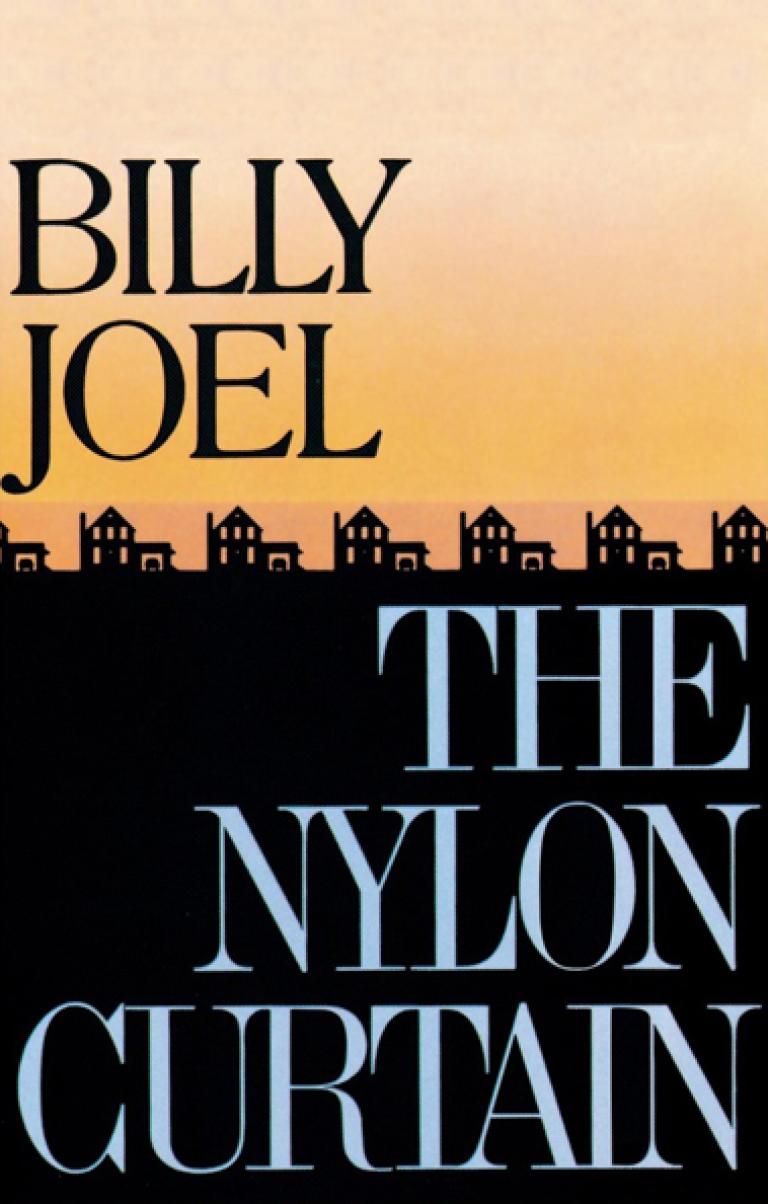
Allentown, Pennsylvania experienced migration and financial shortcoming because of the
demographic changes in the 1970s that the wealthy baby booming generation moved out of the
city for cheaper and newer houses. This song represents both the aspirations and frustrations of
America’s working class in the late 20th century in the context of industrialization and
decentralization. The first verse, “They’re closing all the factories down; Out in Bethlehem,
they’re killing time”, describes the frustration of workers in almost closing factories. The chorus,
“But they’ve taken all the coal from the ground; And the union people crawled away”, describes
the urban sprawl that decentralized the residents away from the city after closing industries. This
song expresses the aspired but confused living experience in the context of deindustrialization
and decentralization from the perspectives of the working class.
“We Were all Wounded at Wounded Knee” by Redbone (1973)
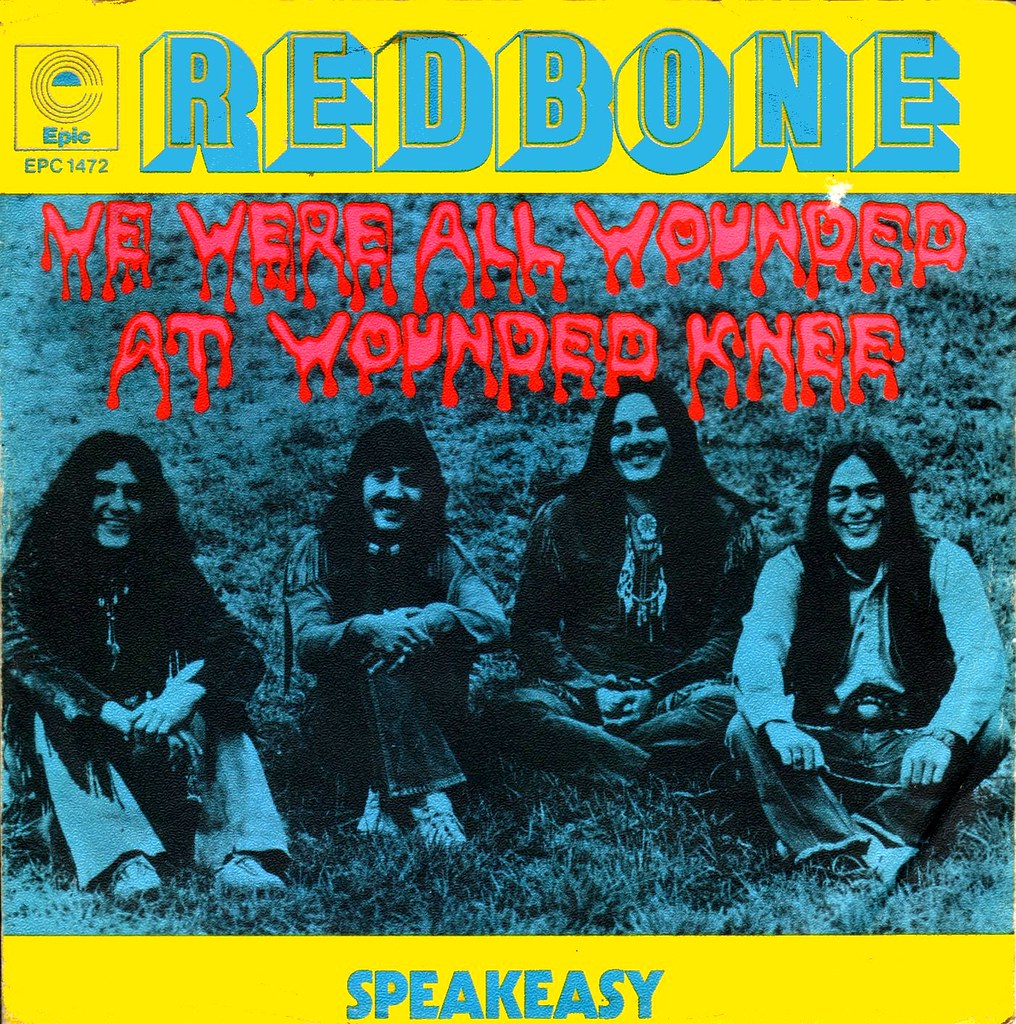
This song was sung by the Mexican American/Native American Band, Redbone, and became
popular in Europe. The song discusses the two massacres at Wounded Knee: one in 1890 and
one in 1973. The band’s record label refused to record it and afterwards it was not able to be
distributed as it was deemed too controversial and therefore unsellable in a US market. Even
now, the song has not had large popularity because it is uncomfortable and challenges narratives
about manifest destiny and the damage to Native people as well as how these narratives harm the
nation as a whole. The lyrics “We were all wiped out by the seventh cavalry, you and me – you
and me,” shows that the artists see the impacts from these massacres as an issue that should be
seen by everyone as a problem and should not just be relegated to Native identity alone. Thus,
the band argues that the narrative of Wounded Knee needs to be included in US historical
narratives to understand the harm disregarding history causes, recognize the horror of these
events, and understand that manifest destiny was a brutal ideology meant to not just push out
Native people from their land but to also wipe their presence and experiences from US history.
“Dreams of the San Joaquin” from You Can’t Make Old Friends by Kenny Rogers (2013)

This song is written as a letter from a worker in the fields of the San Joaquin valley to his wife.
The worker talks about how hard it is to send money home due to the lack of work available. He
also talks about the beauty of the place and repeatedly uses the word “dreams” emphasizing the
contrast between his expectations and reality of San Joaquin. There’s always a verse that speaks
on the personal struggle that the worker has as a husband because he hoped to move his wife
down with him for a better life that now seems unattainable. The subject of the song is not only a
worker but a husband and migrant looking for better financial situations.
“Quiero Bailar” from Diva Platinum Edition by Ivy Queen (2004)
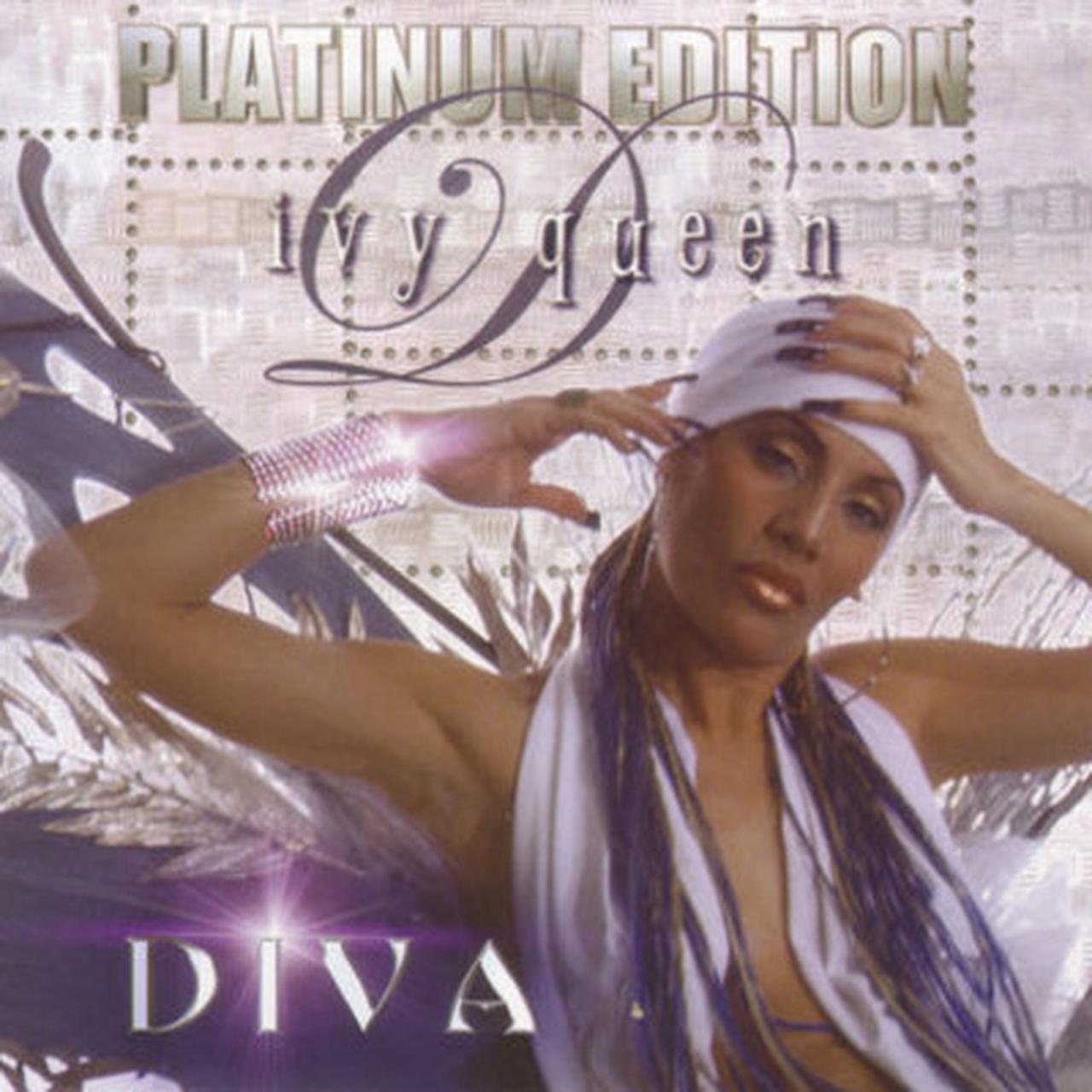
Reggaetón forms a part of an ever-expanding collection of musical genres that identify
themselves as part of “el género urbano”. The origins of reggaetón follow a highly criminalized
history within Puerto Rico’s metropolitan area, but what stands out of this genre is its
“performance of masculinity” (Goldman, 2017). “Quiero Bailar” stands out as it casts a light into
this genre by challenging, through the story of a night at the club, the narratives of the urban
experience as a scenario exclusively for the pleasure of men. The lyrics highlight the importance
of consent, transforming the presence of women in parties from objects to subjects.
“Why I Say No” from Turn Into by Jay Som (2016)

In comparison to other songs within this playlist, Jay Som’s “Why I Say No” mainly addresses
issues related to personal identity. Throughout the song, her lyrics imply a rejection of the norms
forced upon her by society. The lines: “And if I cross my legs/Will I be like the others?/And if I
stand up straight/Will I climb, climb, climb?” connect to our class discussion revolving around gender and the patriarchy. According to Maureen Flanagan’s chapter from Constructing the
Patriarchal City, women interacted with urban space differently than men, yet were often forced
to conform to men’s societal structures within the built environment. As a queer, Filipino-
American musician, Jay Som’s lyrics relate to these themes as she conveys her desire to resist
the social pressures established by white, straight cis men and women. However, she also speaks
to the challenges that she may face when doing so and how it may hinder her success to not
conform to these expectations.
“Famine” from Universal Mother by Sinéad O’Connor (1994)

I had never heard this song before researching for class, and I think it is such a great example
of the topics we have discussed so far. Essentially, the song is about the Irish Potato Famine
and how the “famine” wasn’t really a famine at all, but a result of British colonization and its
abuse of power over the Irish. In the song, O’Conner sings:
“See Irish people were only allowed to eat
potatoes
All of the other food– Meat fish vegetables
Were shipped out of the country under armed
guard
To England while the Irish people starved
And then on the middle of all this
They gave us money not to teach our children
Irish
And so we lost our history
And this is what I think is still hurting me”
This song attempts to dispel this dominant narrative by revealing that colonialism was
responsible for many of the issues in Ireland’s history. After listening to this song, I researched
the famine and was appalled to discover that what I had learned in school was not the entire
truth. Instead, I was told the dominant narrative, one that omitted the experiences and struggles
of vulnerable populations
“Smile” from CARE FOR ME by Saba (2018)

Saba is a Chicagoan rapper, and in his album, CARE FOR ME, he tells a story
about his experiences in the city. Specifically, he tells the story of his loved ones lost to gun
violence. In his song “Smile”, he captures the generational experience of Chicago all the while
rapping about the responsibilities of those who “make it out” of the hood and poverty. He is from
the west side of Chicago, a neighborhood called Austin–one that has been greatly
affected by segregation and divestment. The lyrics below highlight the message of “Smile”.
“All that I am is my family these days
Moment of madness I can’t seem to evade
More than a canvas, you carry me these days
Practice, I’m trying to remember, remember
All that I am is my family these days
Moment of madness I can’t seem to evade
More than a canvas, you carry me these days
Practice, I’m trying to remember, remember
Sweet Westside Chicago, two-flat apartment
Red brick and garden, that’s been forgotten
Grass all splotchy, vacant lot splotchy
Bank account splotchy
And we talk like we from the South (Oww)
Our parents’ parents from the South
And if I make a million dollars
I’ll vacation in the South”
“Beijing, Beijing” by Wang Feng (2007)

This song resonates with the lower-class people’s feelings about Beijing or any mega city in
China. The vicissitude in the singer’s voice entails the mixed feelings of the normal people who
came to these cities to chase their dreams, but only to find themselves struggling to survive.
Albeit millions of dreams have broken here, this is the city where people feel their existence in
their heartbeats and aching bones. This is the city where people feel disturbed but attached.
You can listen to this playlist on Youtube or Spotify at the links below.

